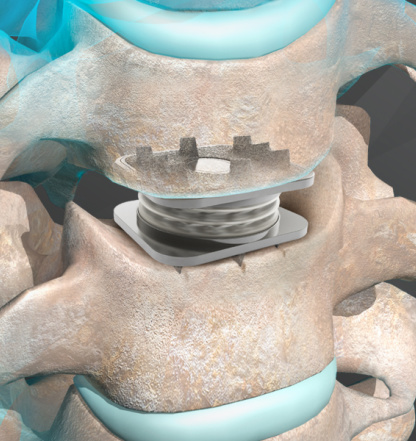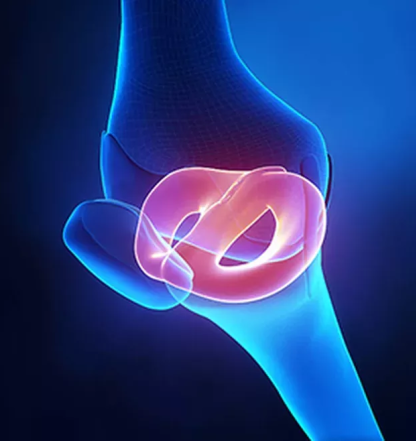As with any surgery, back surgery poses a number of risks and can lead to complications. Fortunately, ongoing refinement of techniques and practices means that the risk of such complications is very low and getting lower year on year.
As with any surgery, back surgery poses a number of risks and can lead to complications. Fortunately, ongoing refinement of techniques and practices means that the risk of such complications is very low and getting lower year on year.
For most patients, spine surgery has a positive outcome, offering relief from symptoms and resulting in few, if any, complications. However, as spine surgery is often undertaken as a last resort, permanent damage may have already occurred, meaning that a complete resolution of symptoms may no longer be possible.
Anyone who is considering spine surgery should discuss their treatment options with an experienced health care professional. This will help patients weigh the potential risk of back surgery complications against the likely benefits of any procedure. This discussion should also include an assessment of the likely prognosis if surgery is not pursued.
It is generally recommended to pursue conservative therapies for at least six months before considering surgery, unless not having surgery poses a bigger risk of permanent nerve or tissue damage.
Reducing The Risk Of Complications From Spine Surgery
In order to minimize potential back surgery complications and enhance the benefits of back surgery patients should be sure to follow pre-surgical guidance, such as:
- Quitting smoking
- Minimizing the risk of infections (and alerting the surgical team to any suspected infection)
- Achieving and maintaining an optimal body weight
- Stopping or altering medications and supplements in advance of surgery as advised by the surgeon.
Following post-surgical advice is also essential to reduce the potential for complications. This typically means:
- Keeping the incision site clean and dry
- Not using any creams or other products on or around the incision site unless told to do so by the surgeon
- Not smoking
- Staying hydrated and well nourished
- Staying active while avoiding straining
- Taking any medications as instructed
- Checking with the physician or surgeon prior to using any natural supplements.
Following the advice of the surgical care team before and after surgery means that the risk of complications will be lower. However, there is still a possibility of complications with any back surgery.
Risks And Complications Of Back Surgery
Risks associated with back surgery are those typical of any surgery, such as issues with anesthesia; bleeding; respiratory and cardiovascular problems; and circulatory issues including thrombophlebitis which can lead to blood clots blocking blood vessels, leading to stroke or myocardial infarction (heart attack).
Where back surgery complications occur after surgery they usually take the form of:
- Infection
- Bruising or edema
In most cases such adverse effects are typically minor and resolve quickly without lasting effects. In more serious cases a patient may experience the following complications of back surgery:
- Nerve damage
- Dural tear
- Paralysis
- Muscle weakness
- Hardware failure
- Non-union (arthrodesis) in spinal fusion procedures
- Slippage of the spine
- Implant migration
The more complex a spinal surgery the more things there are that can go wrong. Some people may need additional surgery to correct problems with hardware or to fix a dural tear that does not resolve itself.
Candidacy For Surgery – Who Is Likely To Experience Complications?
Advances in surgical technique and in patient care before, during, and after surgery have reduced the likelihood of both risks and complications of spine surgery. If the risks of surgery for a particular patient are considered too high as weighed against the potential benefits, surgery may not be an option unless the patient’s circumstances change significantly, at which point the surgeon may reassess. In other cases, surgery may be considered an immediate necessity in order to halt further nerve damage, for instance.
Each case is assessed on its own merits to ensure suitability for back surgery and to devise a pre- and post-surgical plan tailored to the patient. This means looking at a patient’s symptom history, family and personal medical history, anatomy and physiology, general health and lifestyle, support systems and their expectations for the outcome of surgery.
Perhaps the most likely ‘complication’ of back surgery is simply that the surgery fails to completely resolve symptoms of back pain or neck pain. This is always a risk, especially in longstanding cases where permanent damage has already occurred. Helping all patients to form realistic expectations around surgical outcome is, therefore, a major part of improving satisfaction after back surgery.
Have questions? Contact Spine Center Atlanta’s patient care team at 404-351-5812 or send us a contact request and we will call you back.






























